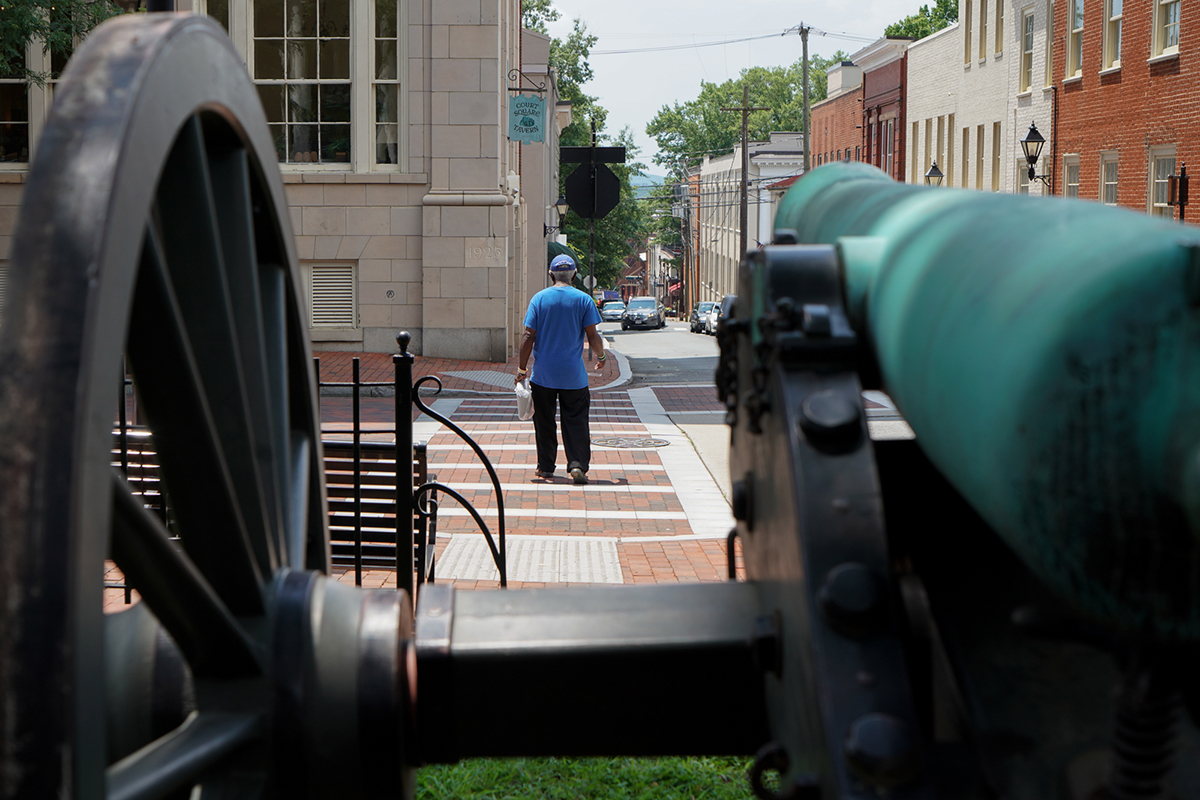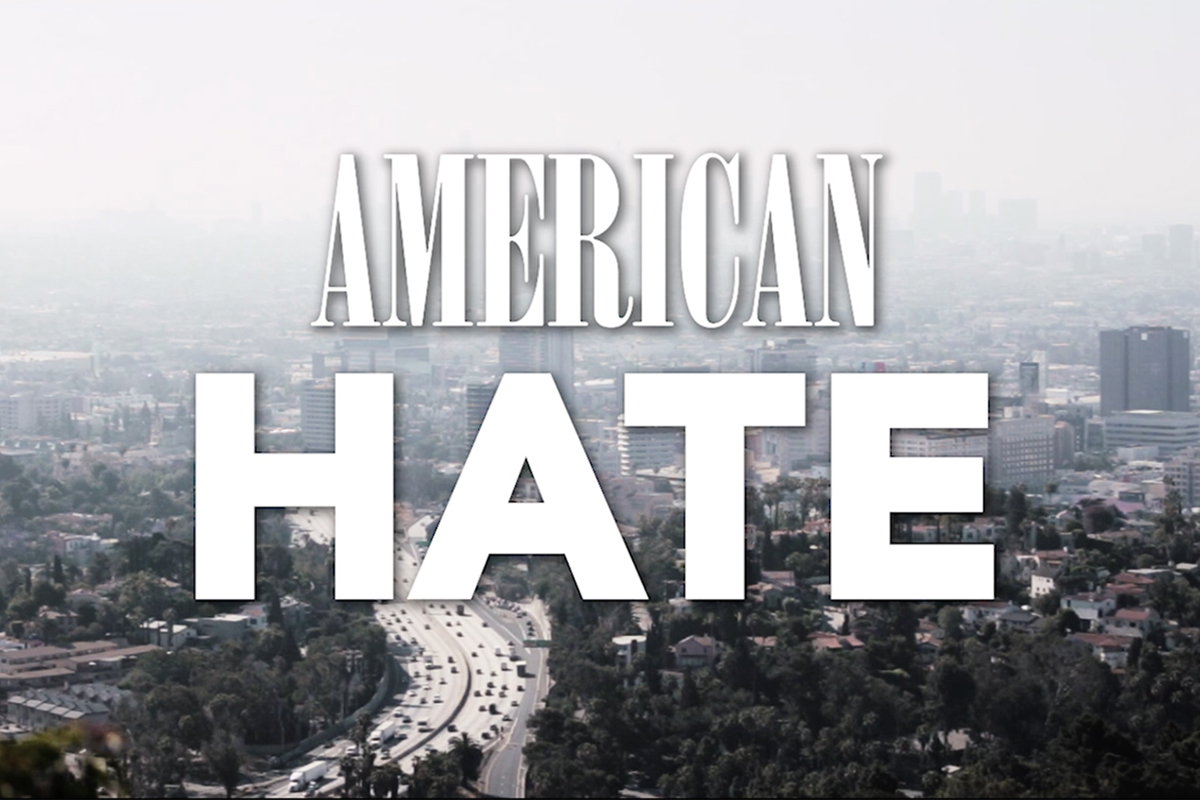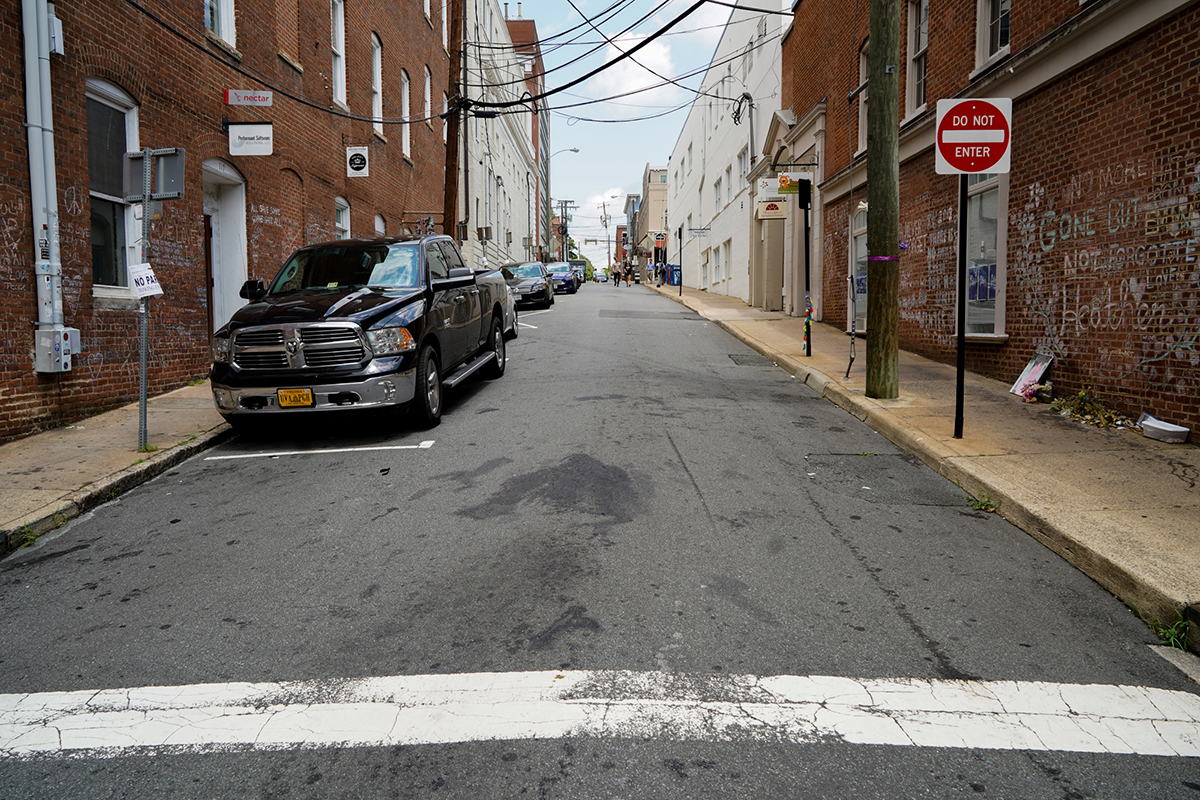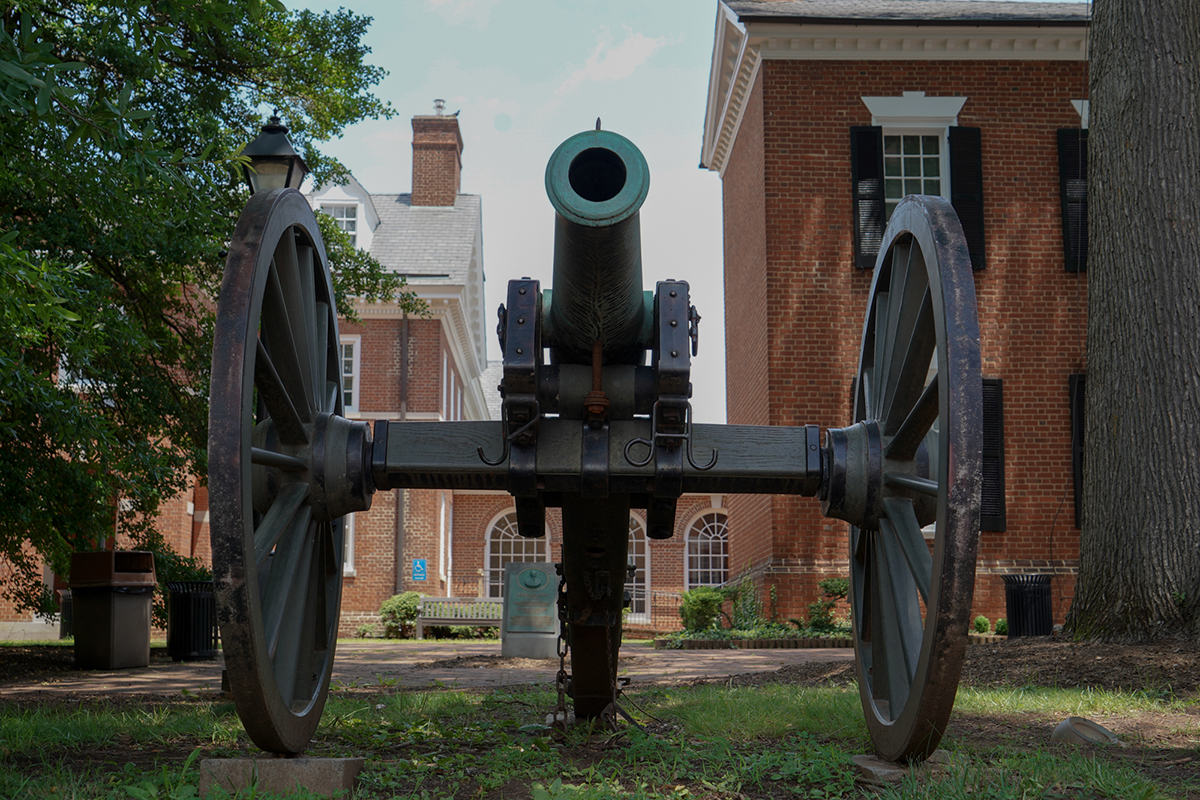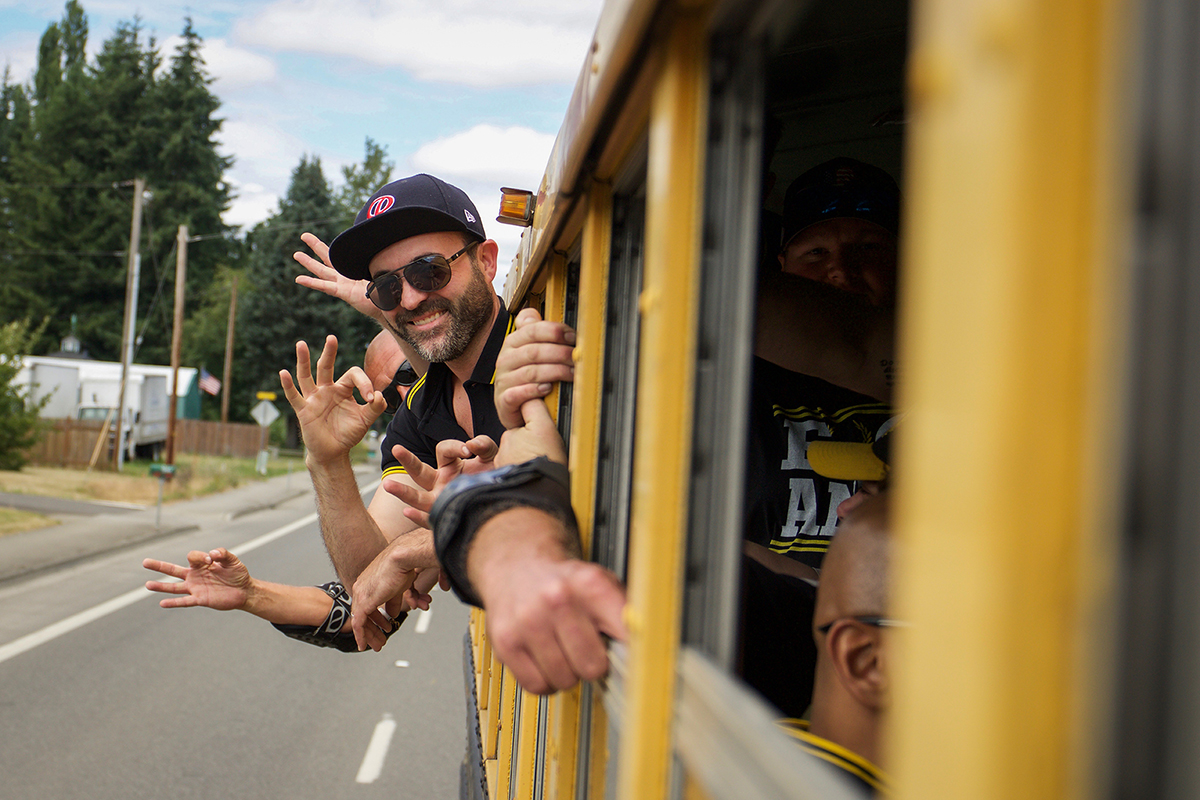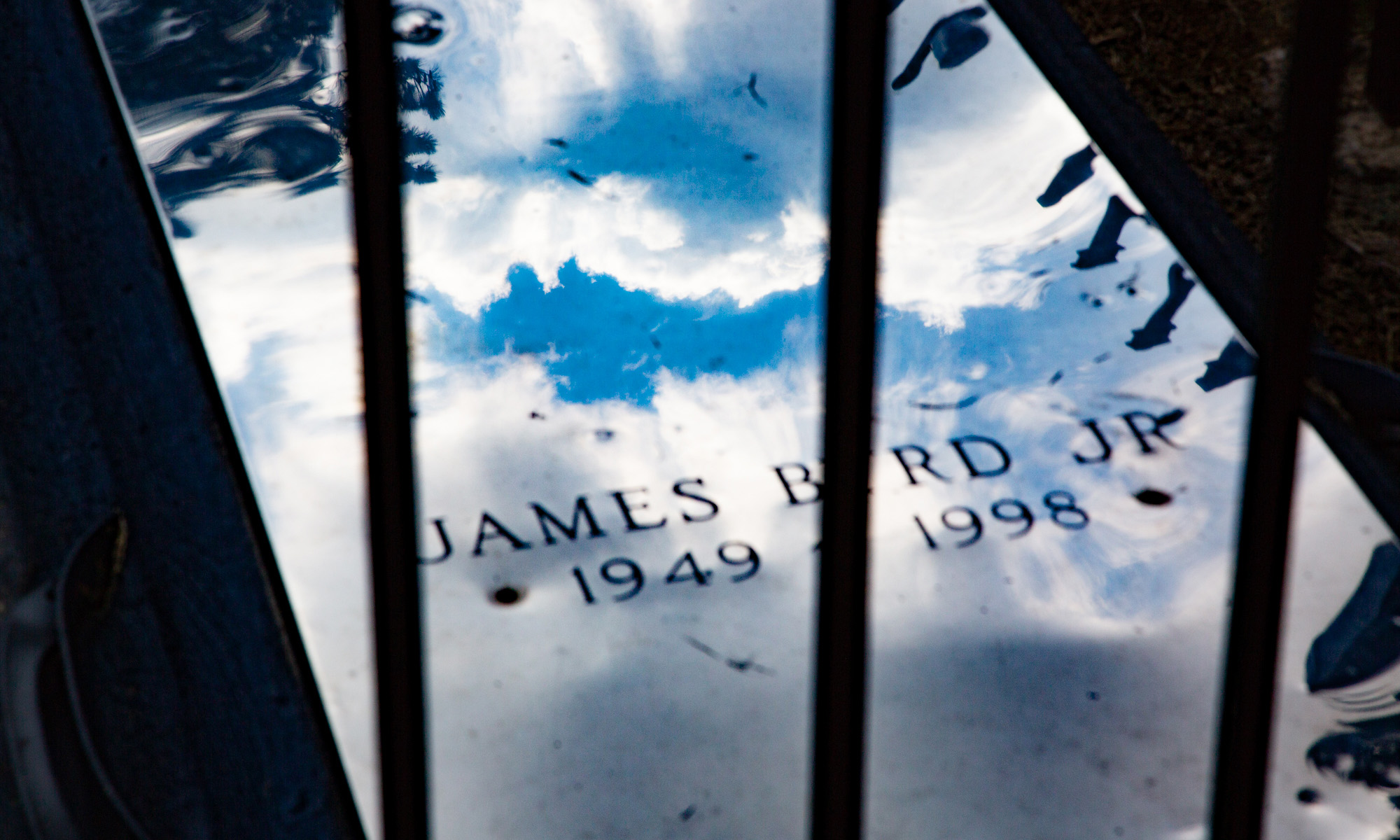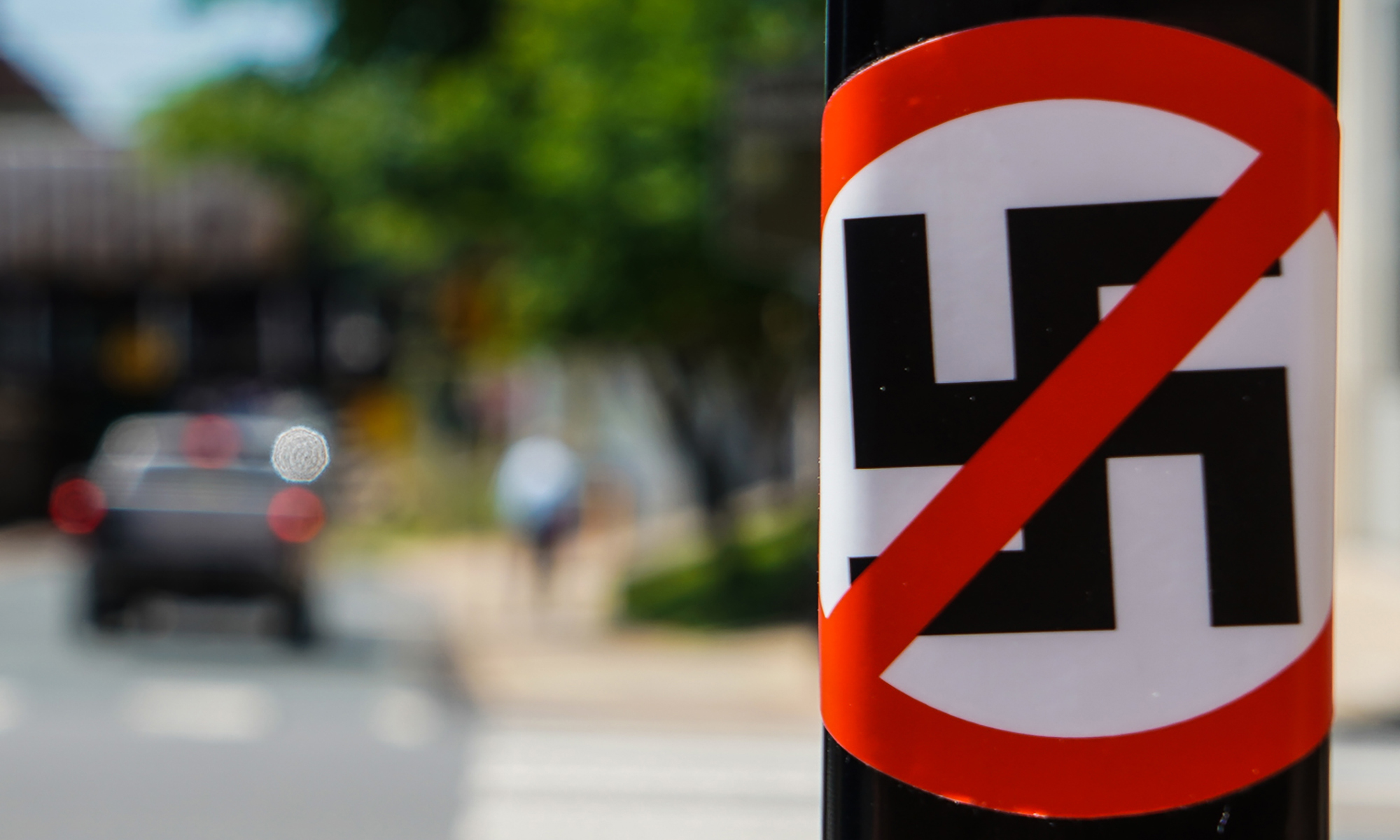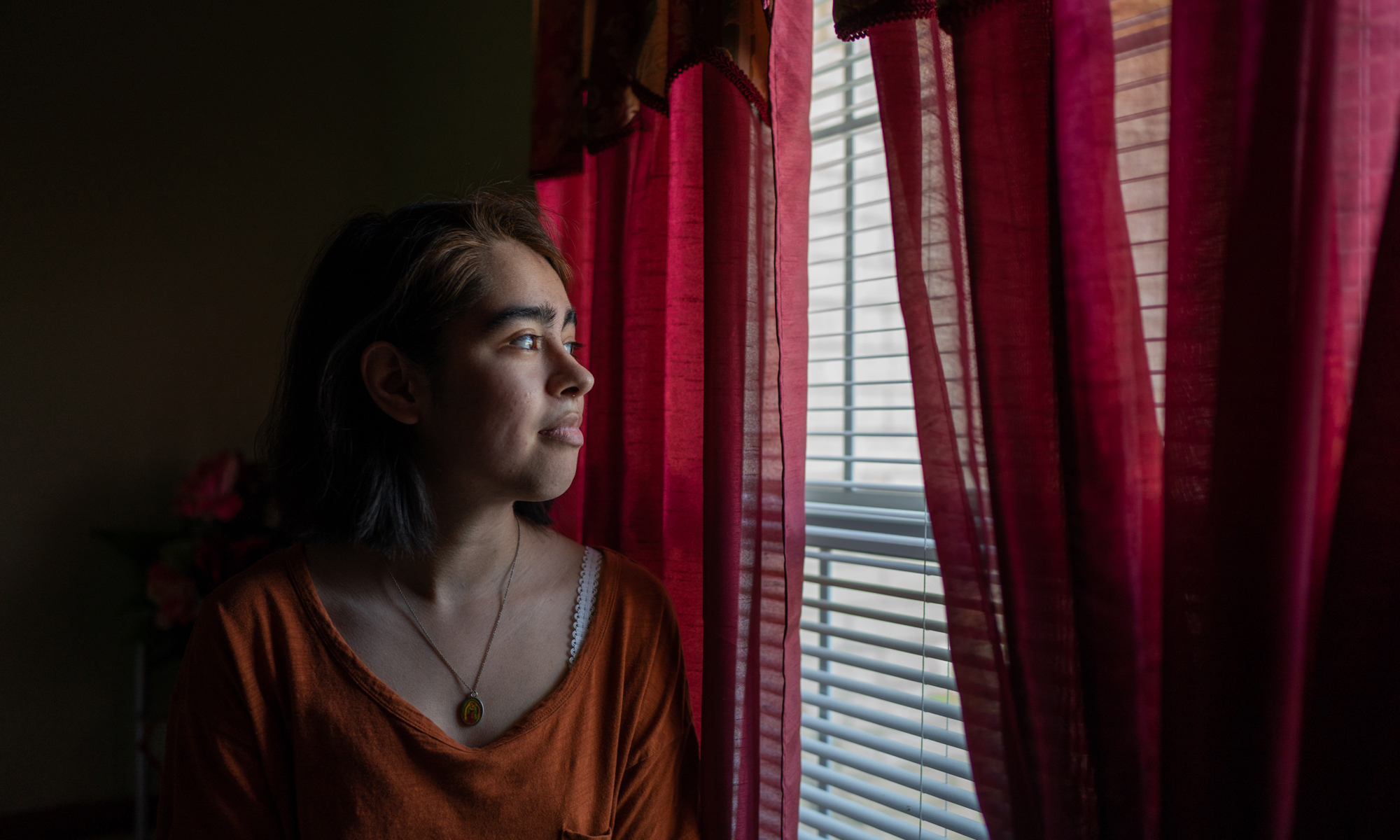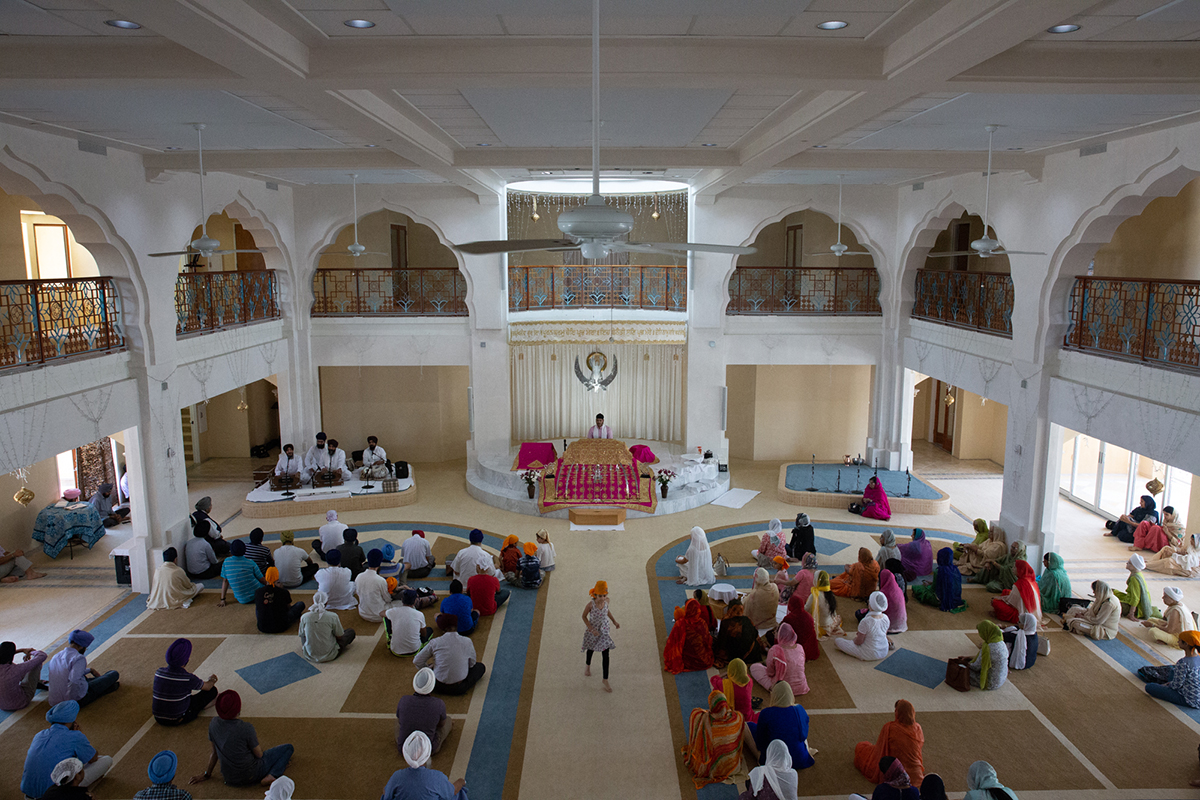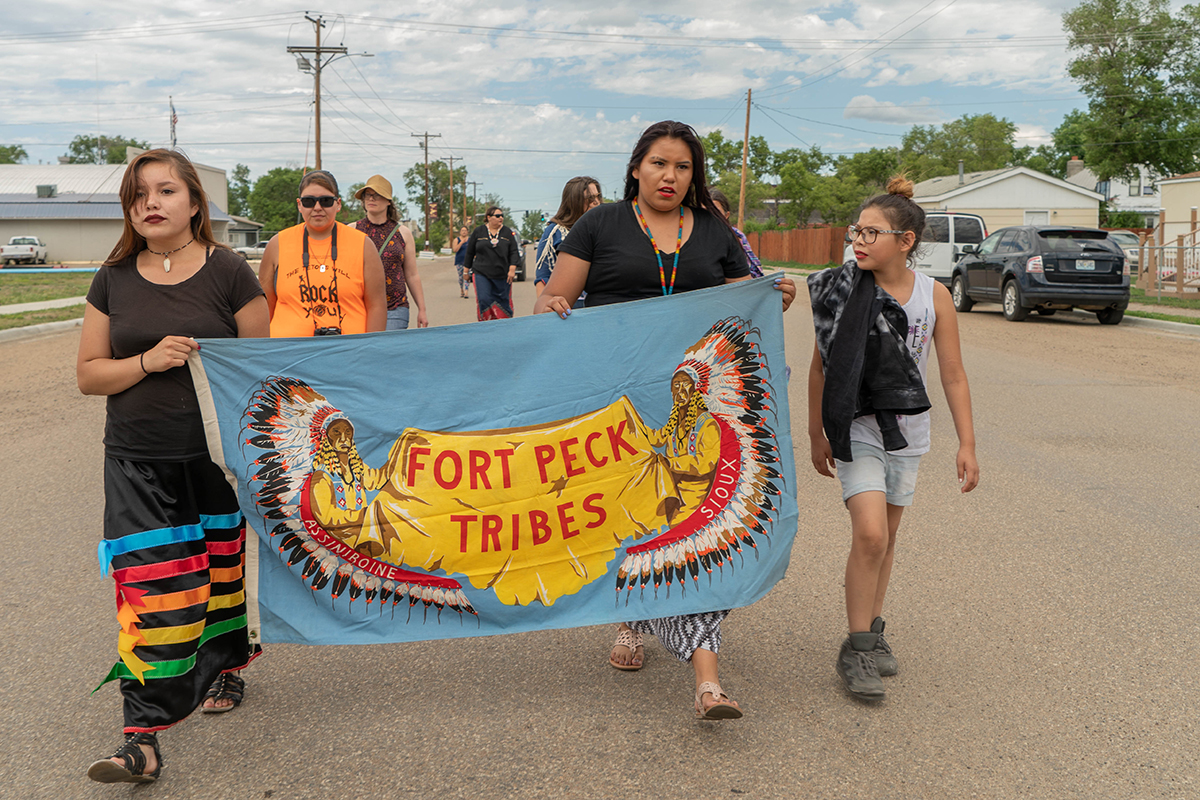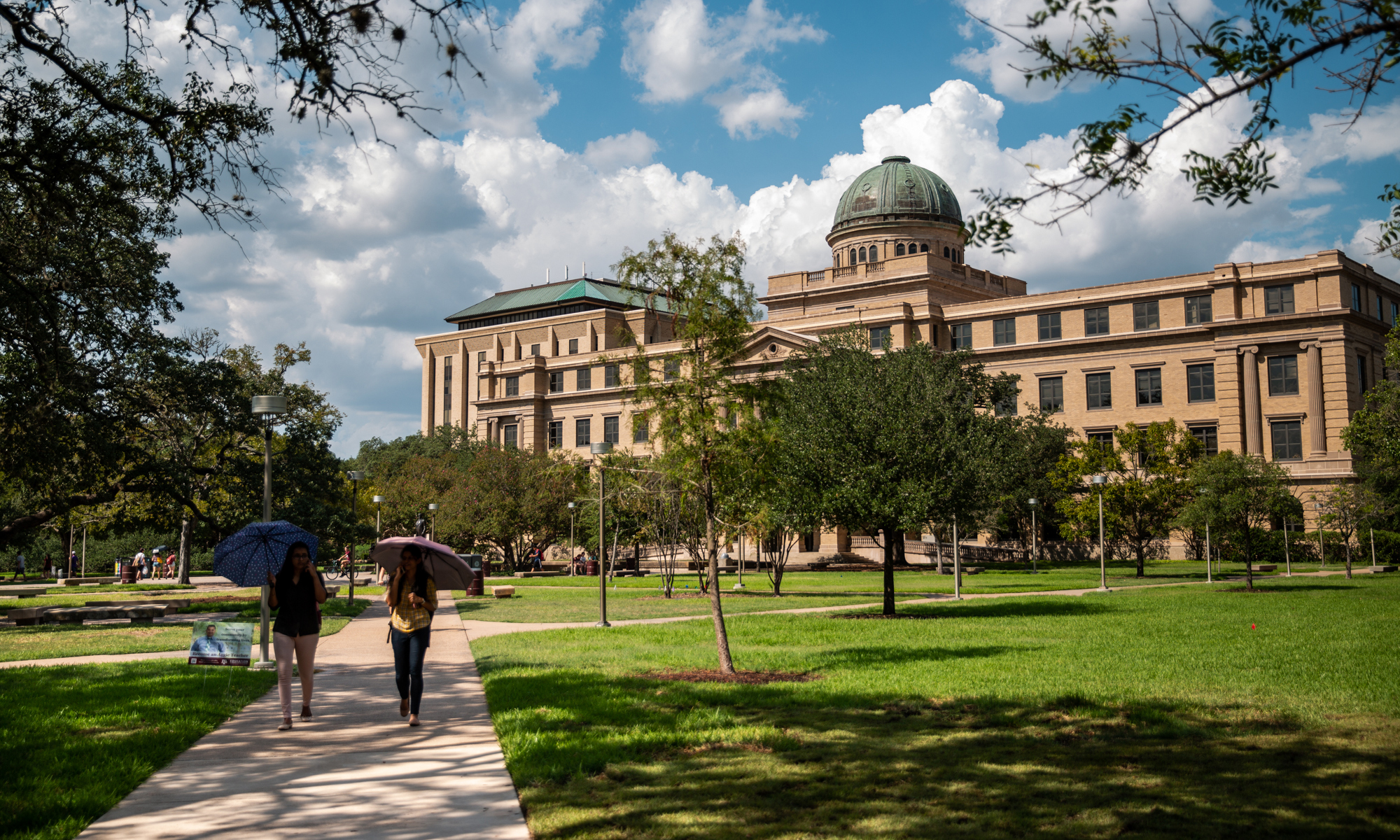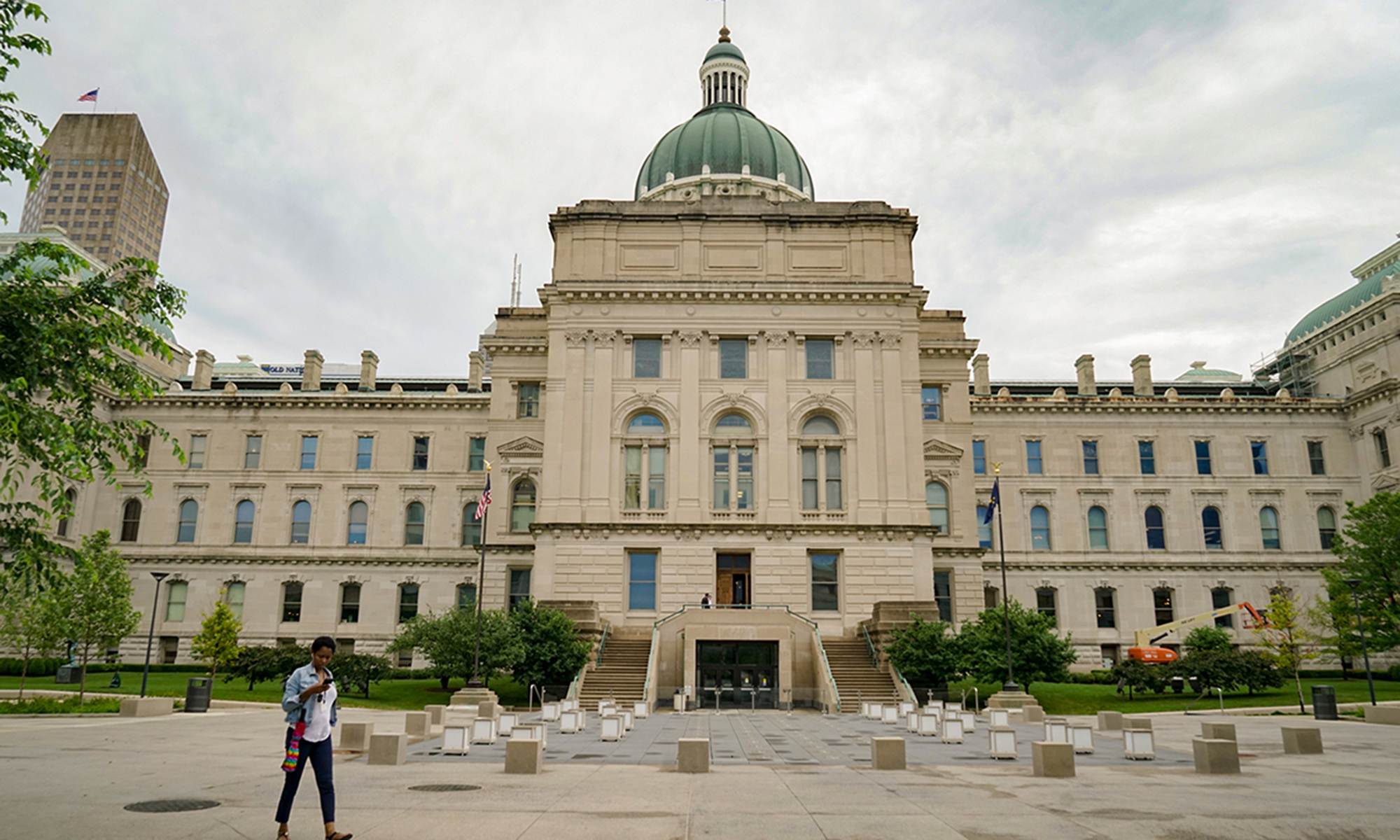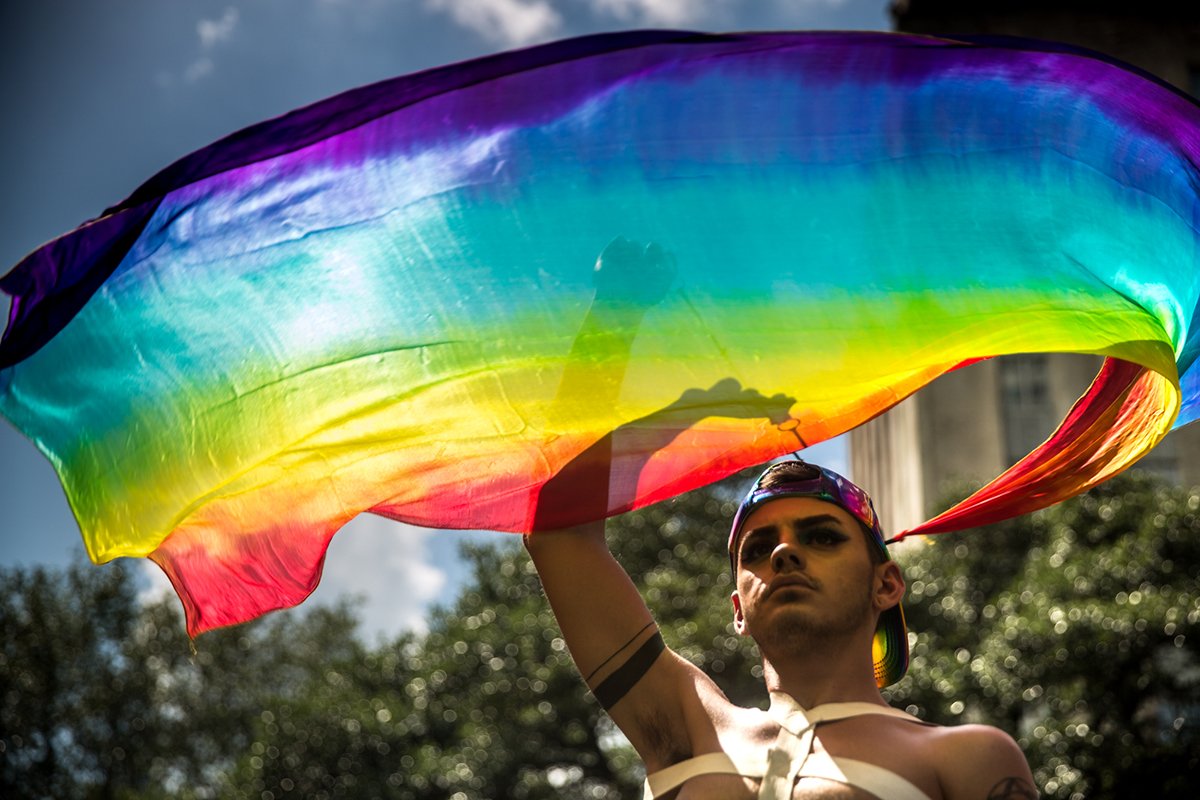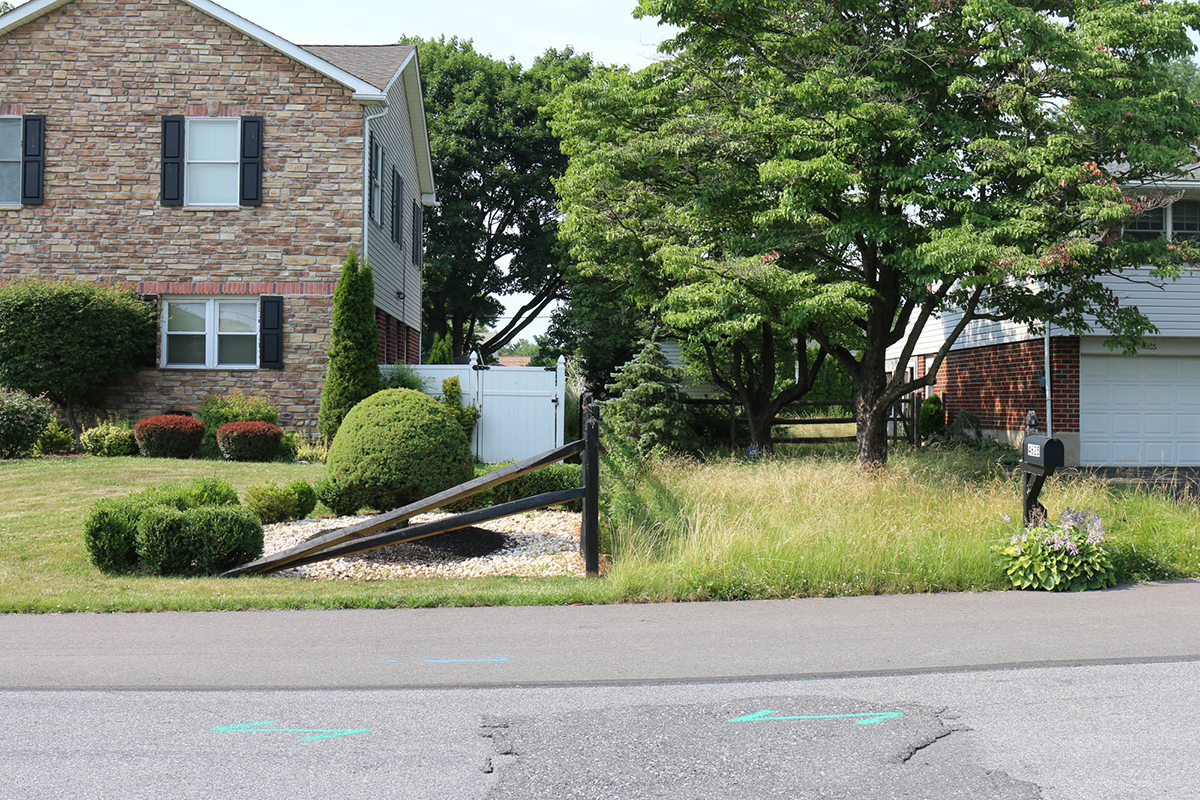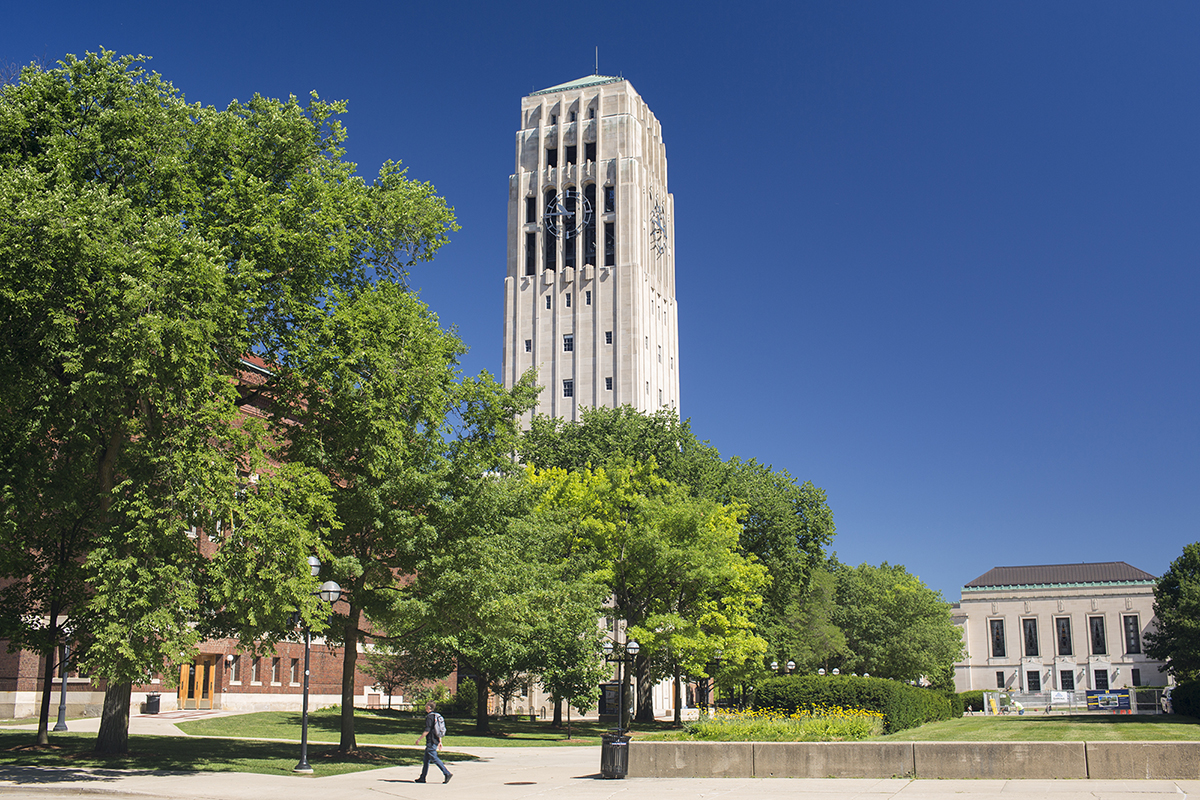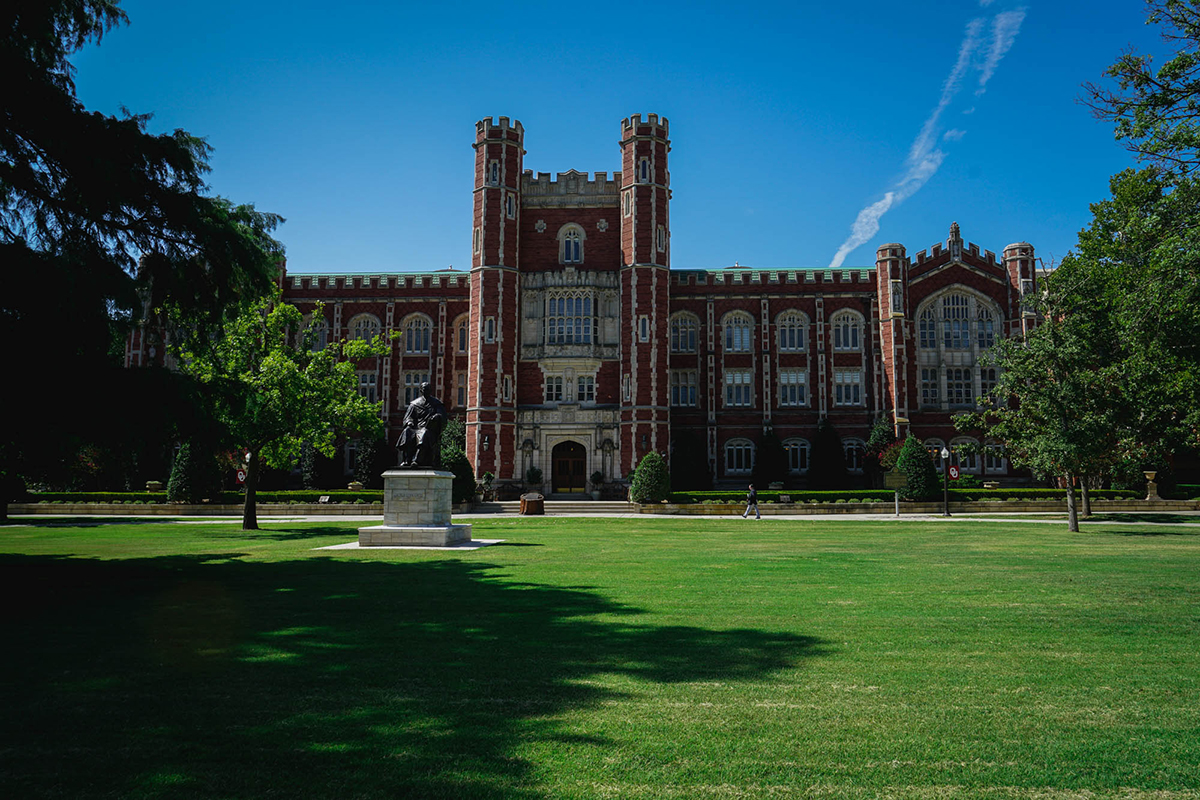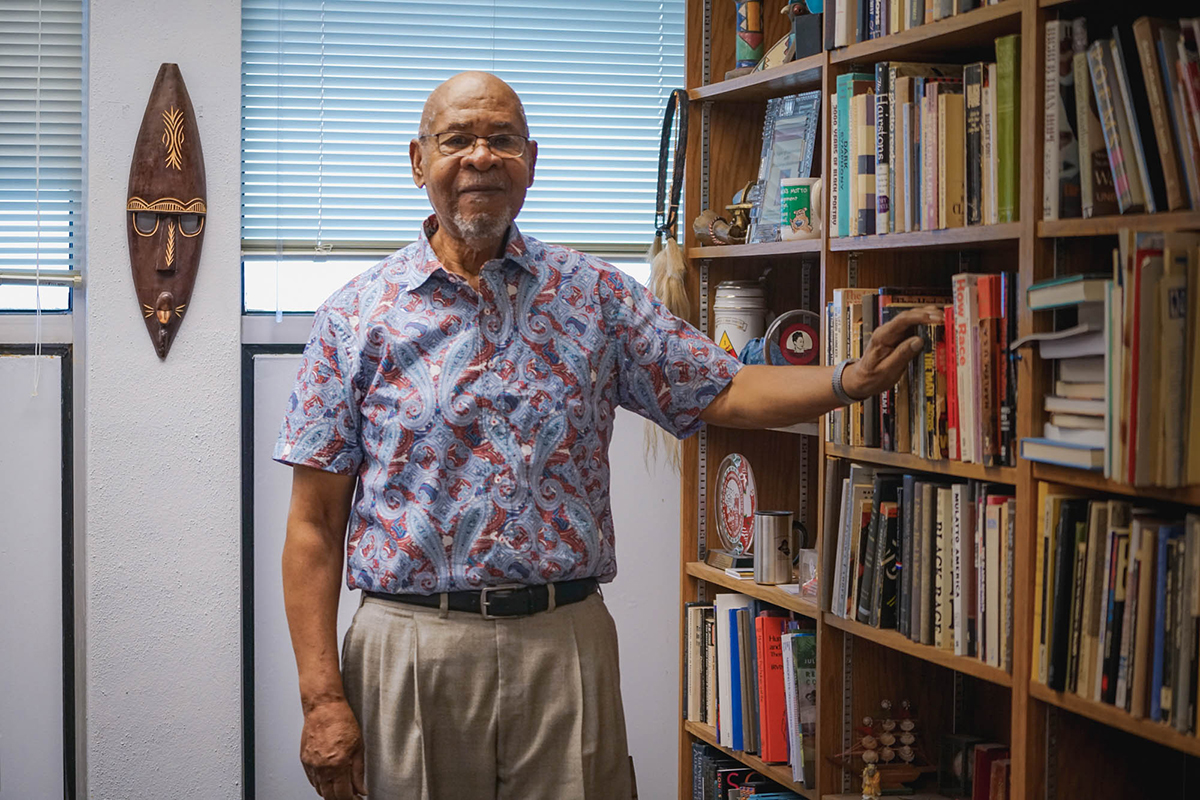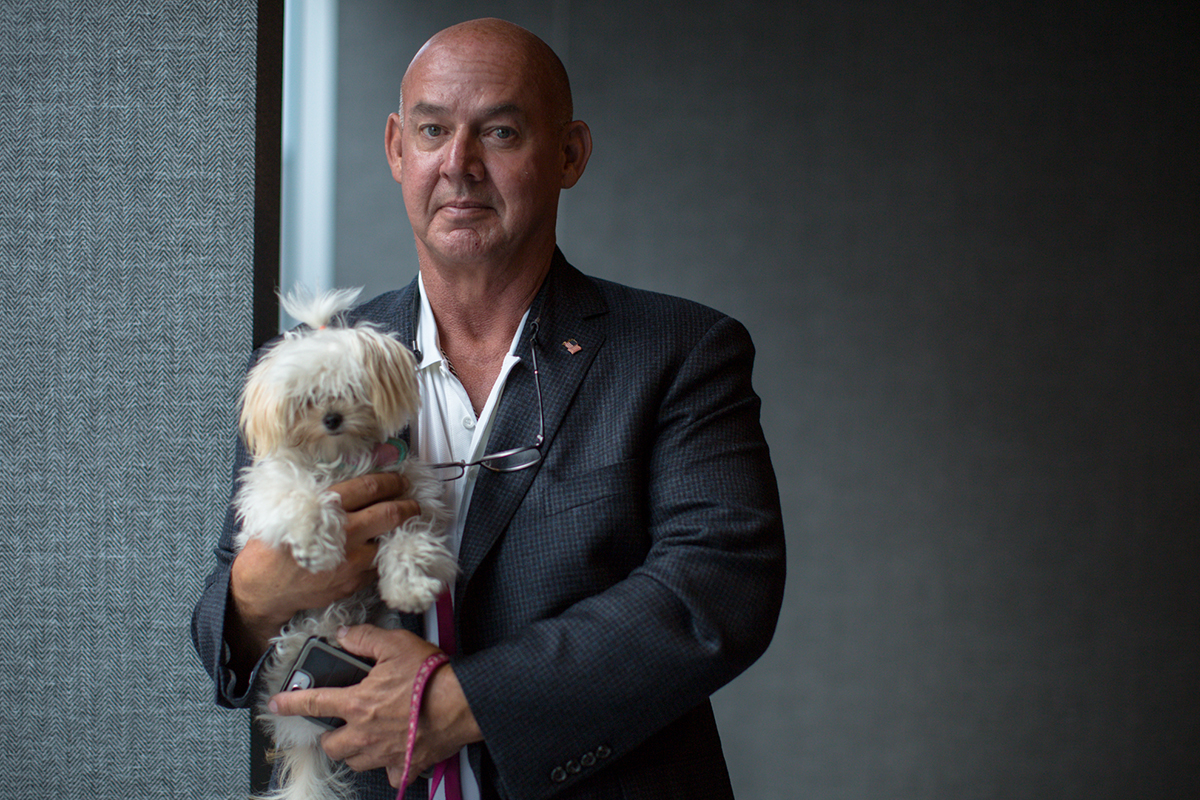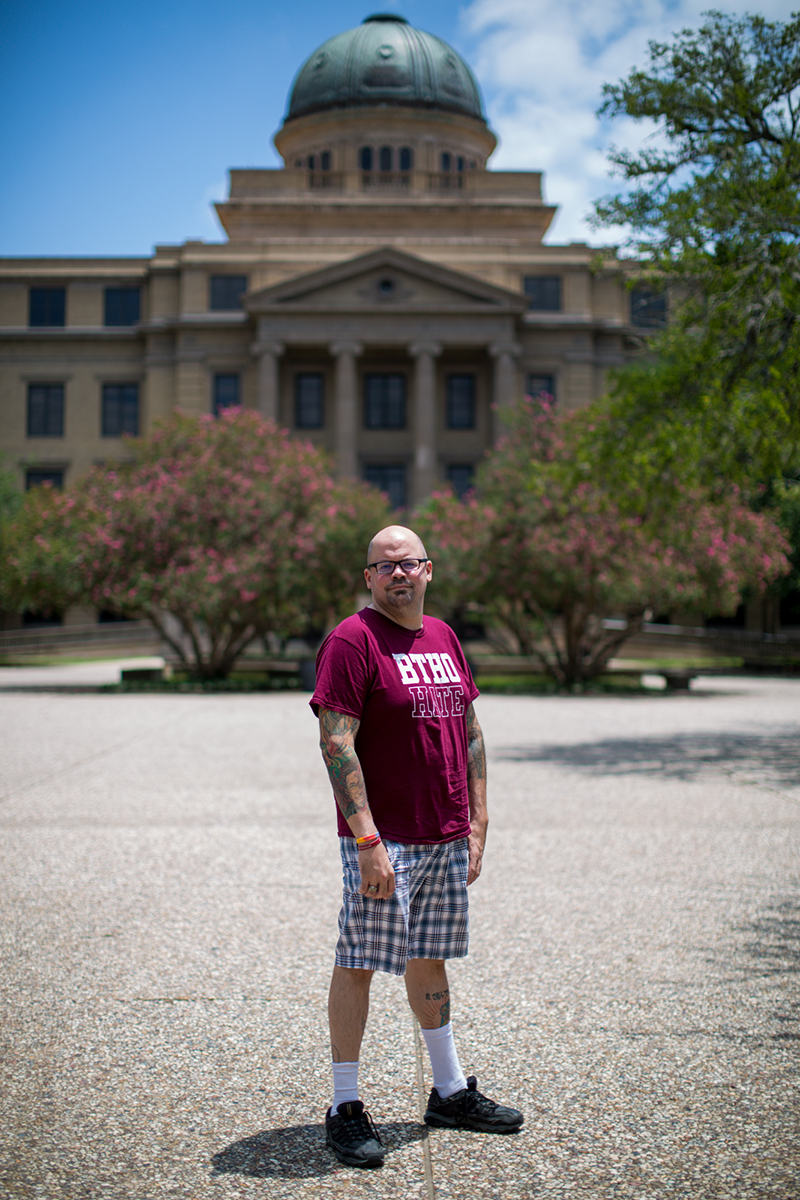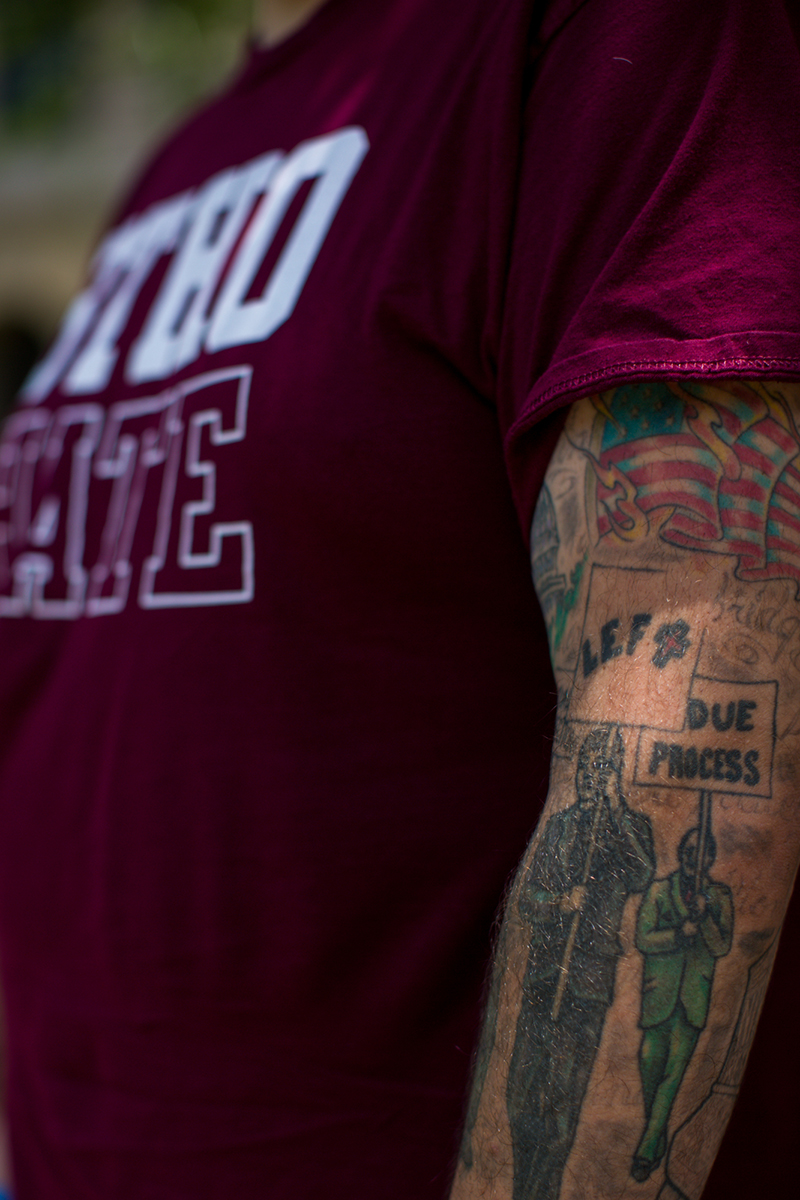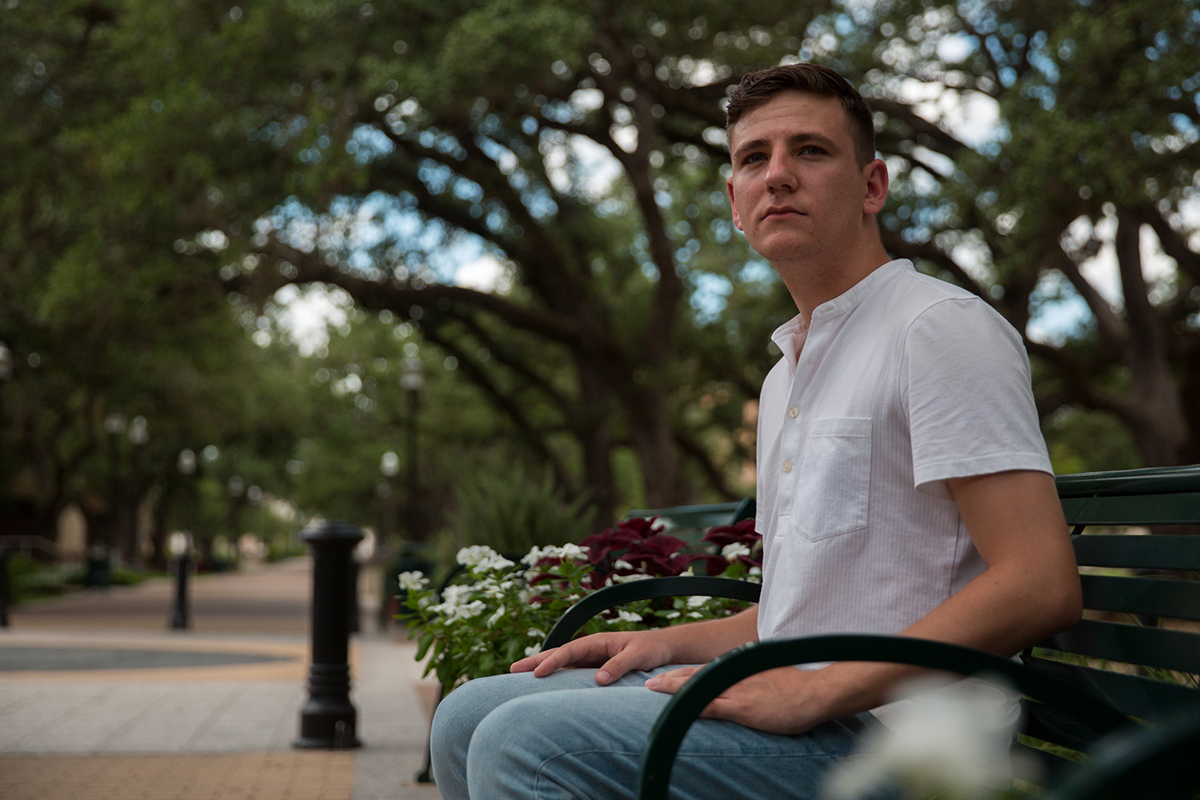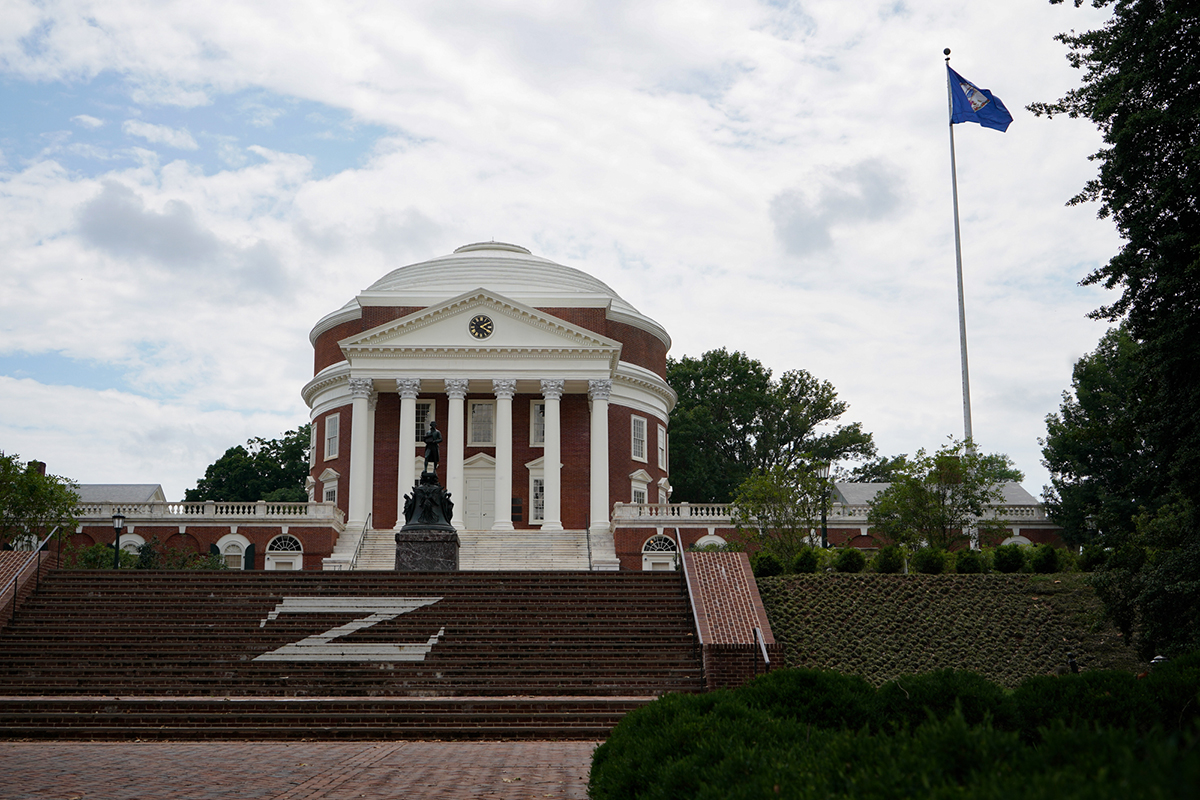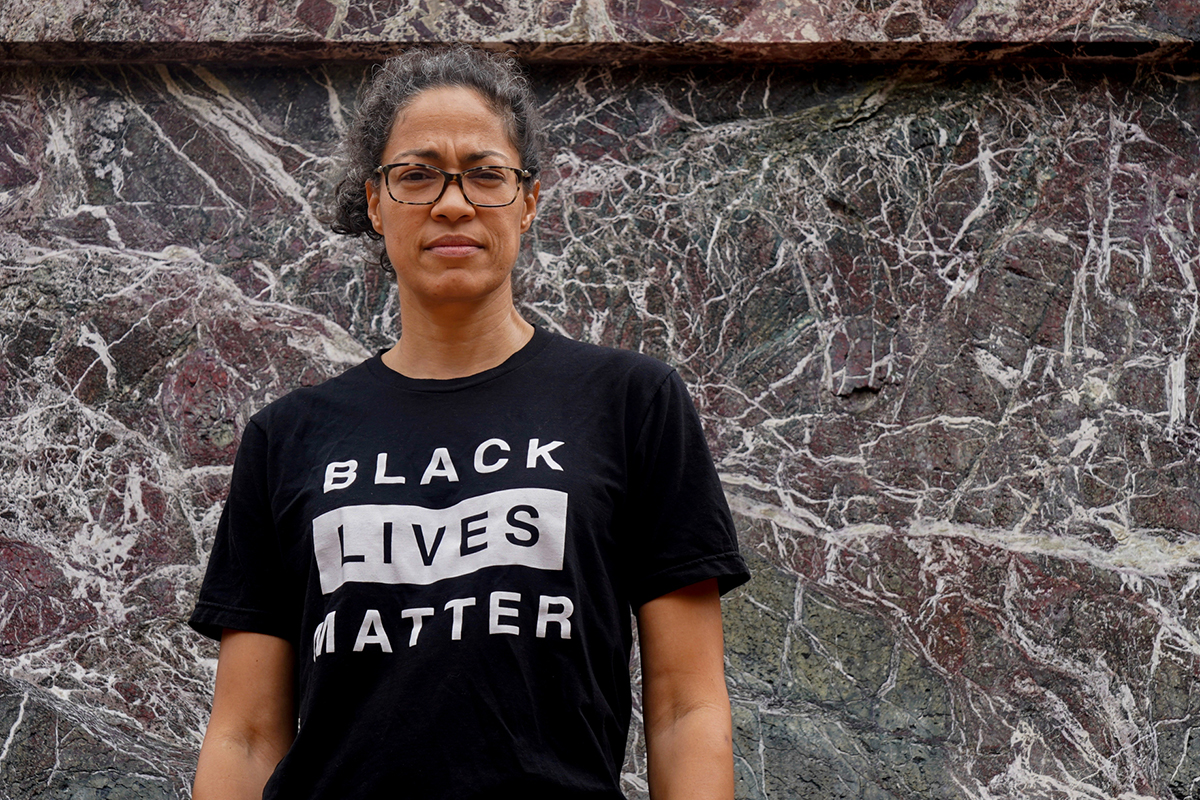COLLEGE STATION, Texas — Responding to a steep rise in reports of hate crimes on campus, at least 260 colleges and universities have implemented bias-response teams or other reporting policies to track such incidents. But the teams have created friction of their own, as conservative students, controversial speakers and followers of the alt-right movement claim colleges are sanitizing campuses of dissent, in violation of the First Amendment’s right to free speech.
According to data collected from 6,506 higher education institutions by the U.S. Department of Education, the number of reported campus hate incidents increased from 74 in 2006 to 1,300 in 2016. Vandalism and intimidation account for 76 percent of incidents.
Some of these incidents have drawn national attention, such as a swastika drawn in feces at University of Missouri in 2015; bananas marked with the name of a black sorority, and hung by nooses at American University; and the 2017 Unite the Right rally at the University of Virginia in Charlottesville, which claimed one life.
In October 2017, at the University of West Florida, anti-LGBTQ flyers were posted that stated homosexual parents abuse their children and carry diseases. In April, two Jewish students were derided with anti-Semitic phrases and one was assaulted at Towson University in Maryland.
Such incidents are prompting many institutes of higher learning to reshape campus safety and diversity programs.
Universities with bias-response teams allow campus community members to file reports after experiencing hate or bias, often through online forms or by phone. Many teams only keep records of the reports, but others conduct investigations and hold meetings with victims and perpetrators. These teams are largely comprised of campus law enforcement, administrators and faculty, according to a 2017 report by the Foundation for Individual Rights in Education (FIRE), a legal advocacy group focused on speech rights at colleges and universities.
